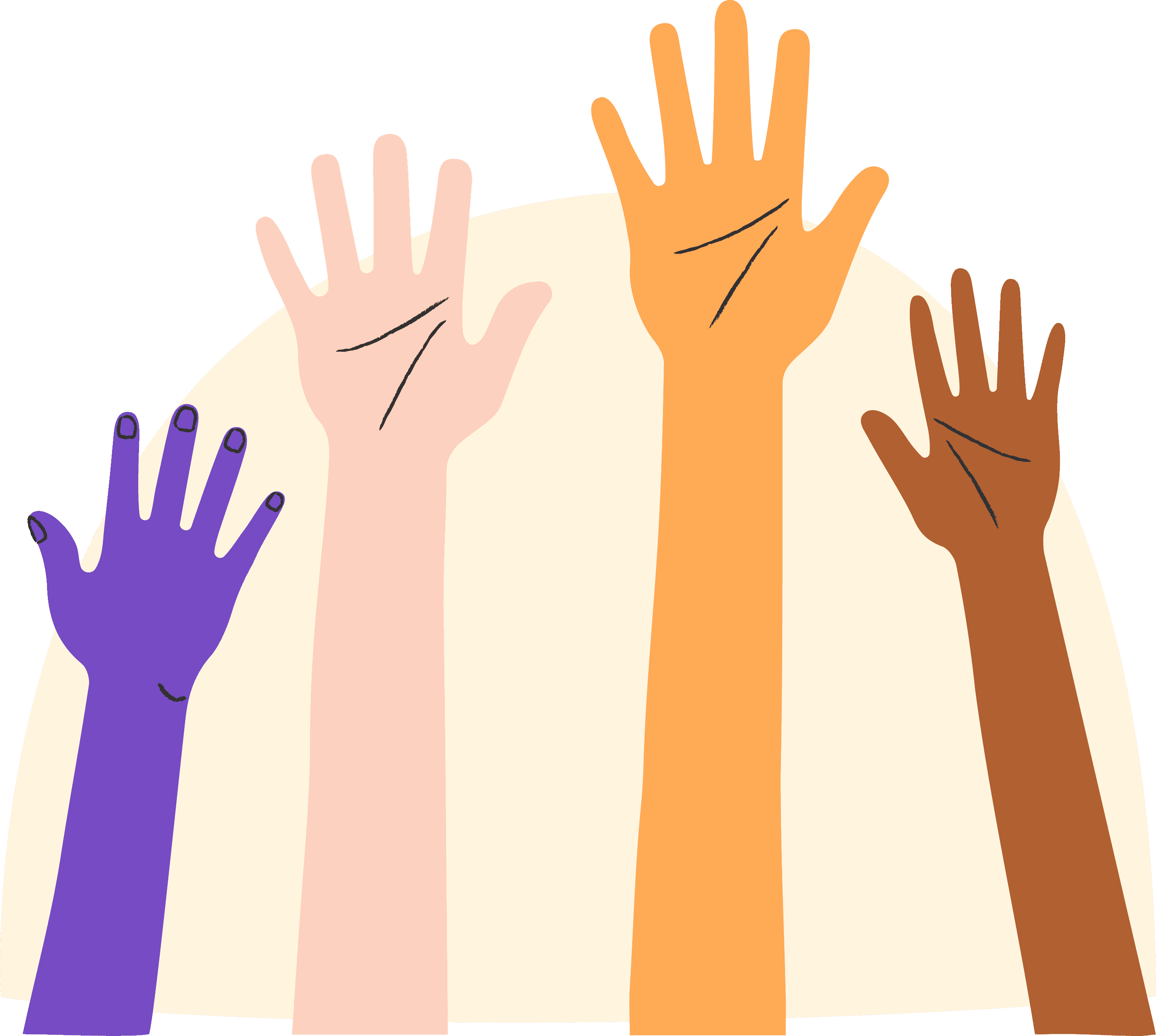
First Time
Visiting
A Pantry?
Your first time doing anything can be intimidating. Don't worry–we're here to help.
What is a food pantry?
A food pantry is a place where you can get free groceries. They’re often nonprofits or churches, but there are also volunteer-run pop-up distributions. There is usually a set day & time when they’re open (like Tuesdays from 9am-2pm, or the 1st Saturday of the month). Depending on the location, you’ll get anything from dry goods (like rice or pasta) to canned foods (like tuna or veggies) to fresh produce & dairy items. Every location is unique. Some require appointments, some require ID, and some may limit how often you can visit (i.e. once a week)
What happens when I get there??
Most pantries operate on a first-come, first-serve basis. Many pantries will have clients line up outside to wait for food, so you may have to wait for your turn. It’s usually a good idea to show up as early as possible.
During the pandemic, most pantries have been distributing pre-packed bags of groceries with a variety of items, though there are some that will let you choose from their stock. When it’s your turn to pick up food, some pantries might ask for documentation (see below)Do I need to bring anything with me?
Many pantries will ask for ID, though it’s often optional. A few may have a more detailed registration: proof of address, ID for other members of household, etc, but we’ll always let you know what's required.
Some pantries ask that you bring your own shopping bags and/or cart to carry the food away.I don't really need that. I'd rather save the resources for people who really need it.
It’s amazing to put others’ needs first, but many people think pantries are only for people who are “really” struggling. Need is relative, and there’s always going to be someone in a tougher situation–it doesn’t mean you shouldn’t get help.
Pantries are designed to be a supportive resource: when your SNAP benefits don’t last the whole month, or when you have an extra mouth to feed. Some are in a situation where they have to rely on this support system for all of their food, but others only need to visit a pantry once in a while.
Whatever your needs are, visiting a pantry doesn’t say anything about who you are–it just means you’ll have enough food for your family.
